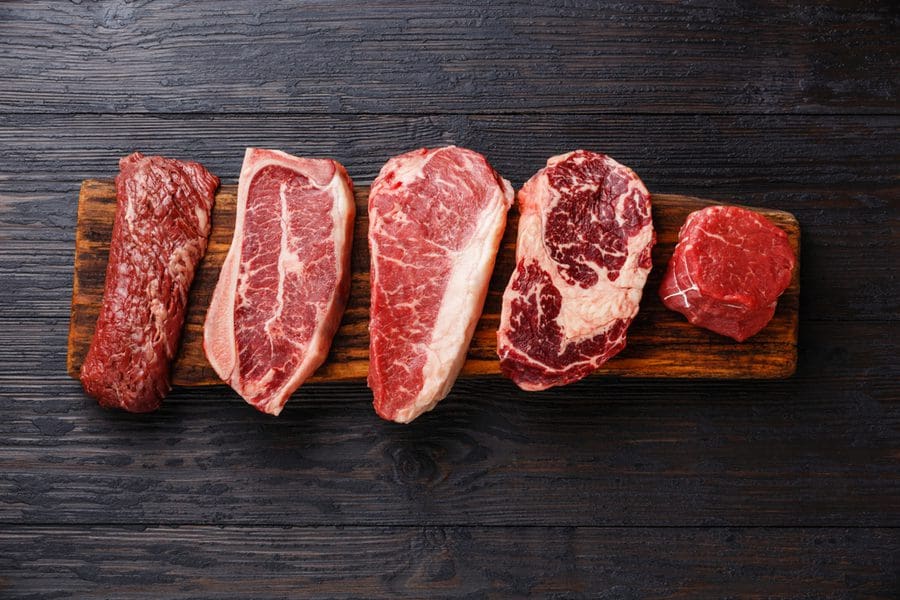Recent nutrition guidelines that conclude there’s no need to cut back on red meat and processed meats have triggered an uproar among researchers and health organizations. Critics advise disregarding the new guidelines published in the Annals of Internal Medicine. The opponents disagree with the new study’s conclusions that the quality of evidence connecting red meat to disease is low to very low. Critics also find fault with the methods researchers used to reach those conclusions.
Nutritionists emphasize that cutting back on red meat is important for your own personal health and vital for the health of the planet. Minimizing red meat consumption is particularly important when it comes to processed red meats such as bacon, sausage and pepperoni.
The bottom line: Don’t rush to stock up on steaks. Think of red meat as a treat to be enjoyed occasionally if you’re a red meat lover who is reluctant to give it up.
What’s wrong with the new guidelines?
Opponents say the new guidelines contradict evidence the Annals of Internal Medicine researchers used in their own analysis. Critics also say the group used a methodology that is inappropriate for nutrition research. They criticize the conclusions for contradicting the large body of research that indicates a higher intake of red meat—especially processed red meat—is linked to higher risk of type 2 diabetes, heart disease, certain cancers and premature death.
While the researchers say their report did not receive outside financing, the Washington Post reports that the beef industry partially funds an arm of Texas A&M University that has formed a partnership with the researchers.
What cutting back on red meat means to your health
Add just 1.5 ounces or the equivalent of a half serving of red meat to your daily diet and you boost your chances of higher death risk by 10 percent, according to a 2019 study by Harvard scientists published in The BMJ. Another 2016 study in the Journal of Internal Medicine found that eating red meat increases “bad” LDL cholesterol as well as blood pressure and artery stiffening.
Eating an additional half-serving of red meat each day enhances the risk of developing diabetes by 48 percent over the next four years, says a study published in JAMA Internal Medicine based on Harvard data. The same study found that cutting red meat by more than a half-serving each day reduced the risk of developing diabetes by 14 percent.
The World Health Organization says processed red meat is a carcinogen strongly linked to colon cancer. A breakfast that includes about two sausage links—a 50-gram portion a little under two ounces—increases your risk of colorectal cancer by 18 percent, says the WHO. The list includes meat that’s been cured, salted, smoked, or preserved such as ham and bacon as well as sausage.
Dramatic improvements in health can be traced to reducing or eliminating red meat, nutritionists say. They recommend trading in red meat for more produce, whole grains, legumes, nuts and seeds and you’ll see better weight and fat loss, cholesterol, blood pressure and digestive health.
Red meat production impacts climate change
Opponents criticize the failure of the Annals of Internal Medicine researchers to study the impact of red meat production on the planet. Those researchers said the issue was outside the scope of their guidelines. However, red meat production contributes to climate change that harms food security and water safety. The CDC has declared climate change a major public health emergency.
The Proceedings of the National Academy of Sciences has published research that concludes the environmental impact of beef production is significantly greater than other foods. Beef production requires more land and water and emits more greenhouse gases than the production of poultry and pork.
Thirty of the world’s leading scientists have recommended limiting meat consumption to about three ounces a week or about the size of a deck of cards. The EAT-Lancet Commission made the recommendation in assessing the impact of what we eat on the health of the planet as well as on human health.






